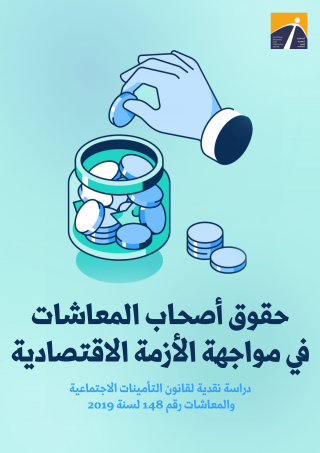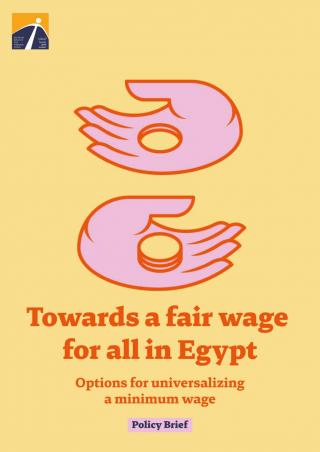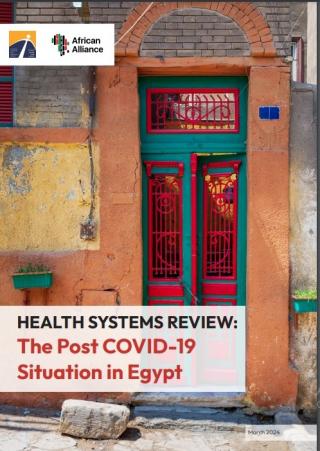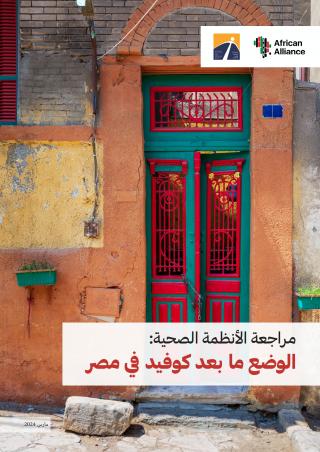This year's Labour Day marks a very difficult year for all wage earners in Egypt.
Programs: Economic and Social Justice
The Egyptian Initiative for Personal Rights (EIPR) released research titled “Pensioner Rights Pitted Against the Economic Crisis... A Critical Study of the Social Insurance and Pensions Law No. 148 of 2019”.
The paper reviews the change in pensioners’ conditions in light of the acute cost of living crisis and within the framework of the social insurance law and the amendments it introduced to the pension system.
This year's Labour Day marks a very difficult year for all wage earners in Egypt. The public debt crisis, the exchange rate crunch that resulted in significant devaluations of the local currency against the US dollar, the successive inflation shocks, the rises in commodity prices, and the economic policies sponsored by the International Monetary Fund (IMF) have all dealt successive painful blows to wages and living standards of the majority of wage dependants in Egypt.
Egypt is grappling with a significant crisis in the number of teachers and their poor salaries, whether those with permanent, temporary or freelance contracts. The shortage in the number of teachers in Egypt is estimated at tens of thousands. According to the current minister of education, Reda Hegazy, 20,000 teachers are needed annually to fill the deficit, while many teachers retire due to reaching retirement age.
Today, the Egyptian Initiative for Personal Rights (EIPR) in partnership with the People's Vaccine Alliance Africa (PVA Africa), launched three new reports evaluating post-COVID health systems in Egypt, Morocco, and Tunisia.
The three analyses aim to acquire a better understanding of the effects of the pandemic on the respective healthcare systems and highlight the gaps that need to be filled to strengthen them.
Today, the Egyptian Initiative for Personal Rights (EIPR) in partnership with the People's Vaccine Alliance Africa (PVA Africa), launched three new reports evaluating post-COVID health systems in Egypt, Morocco, and Tunisia.
The three analyses aim to acquire a better understanding of the effects of the pandemic on the respective healthcare systems and highlight the gaps that need to be filled to strengthen them.
On April 16th, the Administrative Court in Abbasiya will begin looking into 106 appeals submitted by the Egyptian Initiative for Personal Rights (EIPR) against the Minister of Education’s decision to disqualify teachers who passed appointment t








